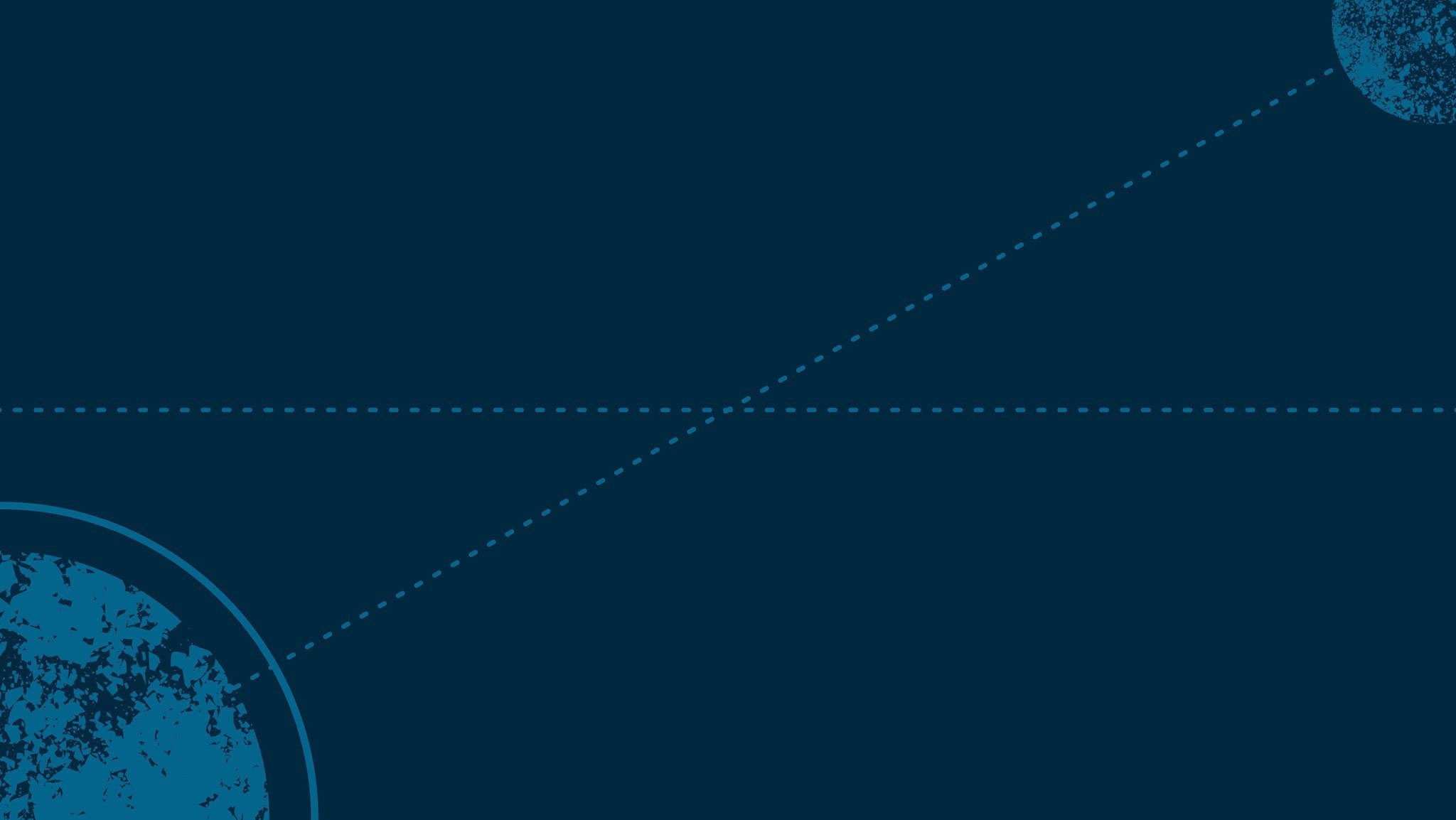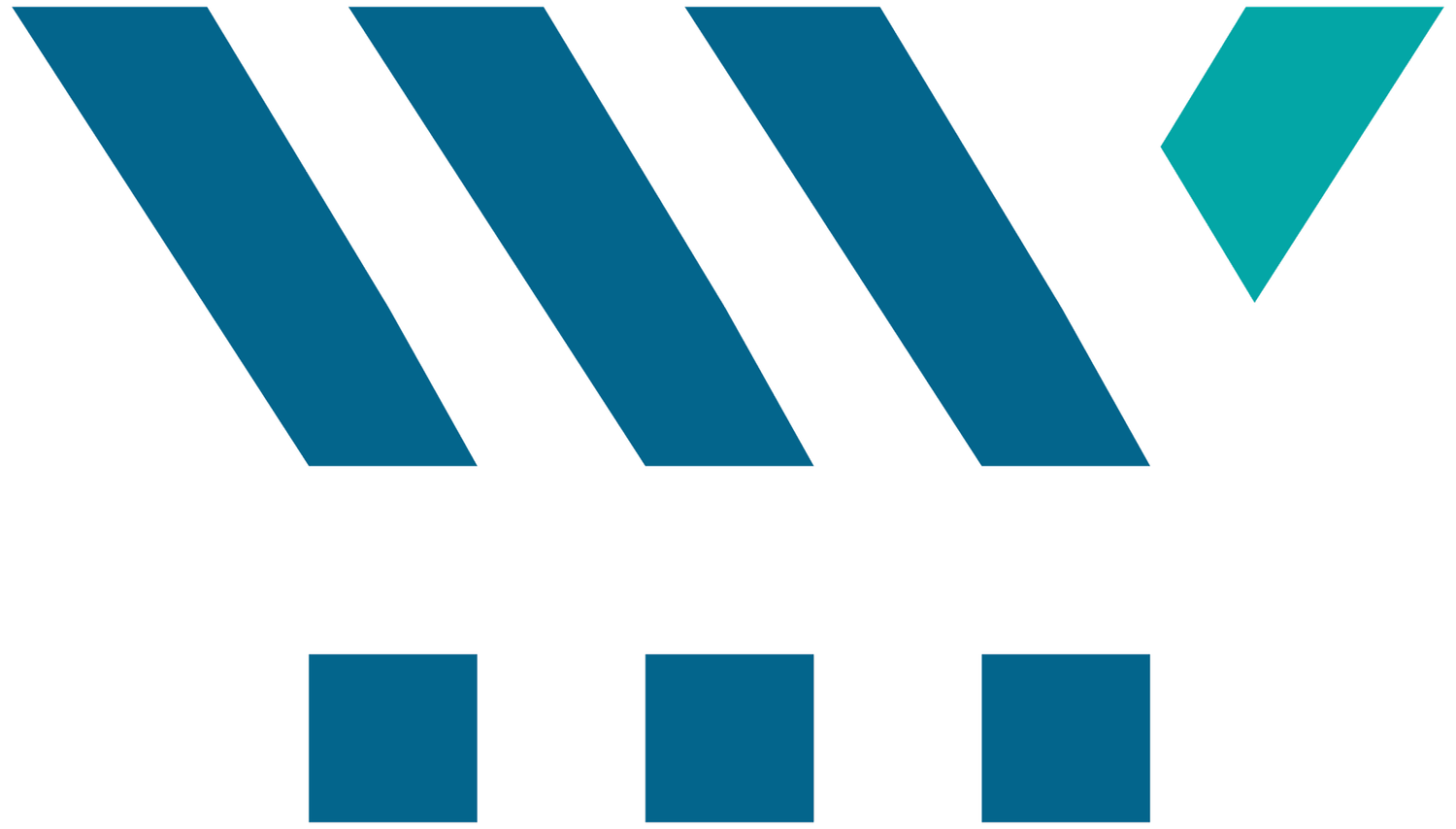
Step Three
Discovery & Beyond:
2 Day IFS-Informed EMDR Advanced Experiential Workshop
This is an advanced interactive 13 hour live online course for mental health professionals who treat individuals with a trauma history and have completed Syzygy Step Two: IFS-Informed EMDR 2-Day experiential workshop.
Alternative Time Zone Offerings
US Eastern *
US Pacific **
Europe/London***
Shabbat-friendly schedule^
In-person workshops are listed in local time of venue.
Upcoming STEP THREE sCHEDULE - REGISTER
*1/9 & 10, 2025 (Thursday & Friday) - Step Three: Discovery & Beyond 2-day with Crystal Whitlow & Tina Taylor / Online / 9:00am - 4:30pm (US Eastern Time) SOLD OUT!
*3/27 & 28, 2025 (Thursday & Friday) - Step Three: Discovery & Beyond 2-day with Michelle Richardson & Elizabeth Venart / Online / 9:00am - 4:30pm (US Eastern Time) SOLD OUT!
**5/29 & 5/30/25 (Thursday & Friday) - Step 3: Discovery & Beyond 2-day with Crystal Whitlow & Nancy Simons / Online / 8:30am - 4:00pm (US PACIFIC Time)
*8/7 & 8/8/25 (Thursday & Friday) - Step 3: Discovery & Beyond 2-day with Beau Laviolette & Jenn Pagone / Online / 9:00am - 4:30pm (US Eastern Time)
*12/4 & 12/5/25 (Thursday & Friday) - Step 3: Discovery & Beyond 2-day with Michelle Richardson & Elizabeth Venart / Online / 9:00am - 4:30pm (US Eastern Time)
Course Description
Our Step Three: Discovery & Beyond 2-Day Advanced Live Experiential Workshop, is a 13 hour live advanced IFS-Informed EMDR course for psychologists, social workers, mental health counselors, and marriage & family therapists who treat individuals with a trauma history and have taken Syzygy Institute's Step Two (IFS-Informed EMDR 2-Day Experiential Workshop). Fidelity to both methods is maintained as course material is developed from standard EMDR (Shapiro, 2018) & IFS (Schwartz & Sweezy, 2020; Anderson, 2021; Anderson et al., 2017) background texts with supplemental references, and each workshop is led by an instructor who has completed IFS training and certification by the IFS Institute and has completed 6 or more hours of Coherence Therapy workshop training. Learn the details via PowerPoint slide lecture, Q & A discussion, and case examples. Observe the process being set up and carried through into healing with live volunteer demonstrations, and guided practice in the roles of client and therapist.
Internal Family Systems therapy (IFS) is an evidence based (Hodgdon et al., 2022) ego state therapy which offers unique qualities that match key components of the EMDR’s foundational Adaptive Information Processing (AIP) model. IFS methods have been utilized in the context of EMDR therapy to enhance therapist-client communication about their internal experience and troubleshoot processing difficulties (O’Shea Brown, 2020; Gomez & Krause, 2013; Twombly & Schwartz, 2008).
Both IFS and EMDR have been described as experiential psychotherapies which can facilitate a form of neuroplasticity called memory reconsolidation, which uniquely unlocks and rewrites implicit memories that underlie many of the symptoms treated with these methodologies (Ecker et al., 2012). Concepts and language from Coherence Therapy support and clarify key IFS concepts around exploring positive (adaptive) intentions behind symptoms with curiosity, compassion & persistence (i.e., Self-presence), and healing sequence (Anderson, 2021) while also mirroring the requisite dual attention condition for EMDR processing. These additional conceptual tools enable the IFS-informed EMDR therapist to more consistently generate juxtapositions (a critical condition required for memory reconsolidation), beginning in the Assessment Phase of EMDR and continuing through the subsequent phases of the EMDR Standard Protocol (Ecker & Bridges, 2020; Ecker et al, 2012).
In this course, we dive deeper in exploring the Discovery process outlined in previous IFS-Informed EMDR workshops and move all the way through healing (desensitization/reprocessing, retrieval, unburdening). It combines strategies and perspectives from Coherence Therapy derived from memory reconsolidation research, IFS, and EMDR in a gentle, organically unfolding way (Anderson, 2021; Ecker et al, 2012). It begins with the recognition that parts involved in the target network may be organized differently (Watkins & Watkins, 1997), with protectors organized by urges more so than affect (Knipe, 2019; Popky, 2005), paving the way for limited and safer indirect trauma processing (Knipe, 2019; van der Hart et al., 2014).
The Discovery process works like a centrifuge. A burdened & blended internal system led by a protector is a solution, both in the sense of solving a problem and in that it is like a mixture containing dissolved components. A centrifuge unblends the solution into its separate components. In a blended internal system, these components are the Self, a protector, and an exile. Bilateral stimulation and attuned, informed curiosity, along with opportunistic and spontaneous Self-resourcing results in increasingly clearer differentiation of these components (Seubert, 2018; Twombly & Schwartz, 2008) until a critical mass of Self-energy flips the system from protection to healing (Anderson, 2021; Knipe,2019; Ecker et al, 2012). At this point, functional dual attention is obtained and sustainable, leading to rapid and powerful healing processes commonly observed in the most successful and effective EMDR or IFS sessions; desensitization/reprocessing, retrieval, unburdening, etc. (Schwartz & Sweezy, 2020; Anderson, 2021; Shapiro, 2018).
Discovery is a term taken from Coherence Therapy (Ecker & Bridges, 2020; Ecker et al, 2012). It means uncovering the emotional truth behind a symptom derived from implicit memory. It will make sense given the original context. Implicit memories are unconscious and reflexive, and they are at the heart of most of the symptomatic behavior and reactions we see in our clinical practices (Ecker & Bridges, 2020; Ecker et al, 2012). Internal Family Systems (IFS) therapy guides us to understand that in healing work, we are almost certainly going to encounter protectors. These parts are responsible for what might otherwise be seen as resistance, acting out, etc., but they always have underlying positive intentions. They are embedded within an entire protective system of parts. (Schwartz & Sweezy, 2020; Anderson, 2021; Anderson et al., 2017). When we select a trauma target in EMDR, we necessarily activate this protective system, which can very often be complex and vigorous (Paulsen, 2018; van der Hart et al., 2014). Often, pushing forward with processing our selected target paradoxically induces resistance (Twombly & Schwartz, 2008). But backing up and doing intensive resourcing delays productive processing, sometimes indefinitely. This is the dilemma EMDR therapists routinely face (Paulsen, 2018; Shapiro, 2018; van der Hart et al., 2014).
Ideas from Coherence Therapy and IFS intersect at one point in the EMDR process, on the verge of the Assessment Phase. It is here that we can utilize sets of alternating bilateral stimulation in a new way to process protectors (Knipe, 2019; Seubert, 2018; Twombly & Schwartz, 2008; Popky, 2005). A way that is in-between resource installation and desensitization and has advantages of both. The Discovery process is a bridge from the Preparation Phase of EMDR to the Assessment Phase and beyond. It will clarify the protector's positive intention, uncover the original problems the symptom is designed to solve, and stimulate emerging Self-presence (Ecker & Bridges, 2020; Ecker et al, 2012). All this clears the way for a conventional Assessment Phase and Desensitization with Functional Dual Attention. This culminates at the point where continued bilateral stimulation and attuned, informed curiosity, along with opportunistic and spontaneous Self-resourcing results in increasingly clearer differentiation of these components until a critical mass of Self-energy flips the system from protection & defense to healing, as described above.
Learning Objectives
After completing this workshop, participants will be able to:
Explain the difference between the conventional EMDR Assessment Phase target elements and the Discovery target elements.
List two beneficial by-products of the Discovery process.
Describe two primary tasks of the therapist during Discovery.
Identify two ways Discovery employs Onno van der Hart’s suggested modifications of EMDR processing for complex clients.
Describe the effect that processing protectors (defenses) has on the level of emotional intensity of underlying trauma material.
Discuss the relationship between protectors (defenses), implicit memory & memory reconsolidation.
Explain what is meant by "flipping the protector."
Explain the difference between Discovery and Desensitization.
List two types of energy that organize parts.
Explain why in Discovery we start with the most blended part.
Identify the two components of a well-formed Protector Positive Intention (PPI).
Explain what is meant by the Level of Urge to protect (LUP).
Describe what is meant by a Discovery Contract.
Step Three
Go to CART to complete purchase after selecting items.
upcoming STEP THREE schedule - REGISTER
8/15 & 16, 2024 (Thursday & Friday) - Step Three: Discovery & Beyond 2-day with Beau Laviolette / Online / 8:30am - 4:00pm (US PACIFIC Time) SOLD OUT!
12/5 & 6, 2024 (Thursday & Friday) - Step Three: Discovery & Beyond 2-day with Michelle Richardson & Elizabeth Venart / Online / 9:00am - 4:30pm (US Eastern Time) SOLD OUT!
1/9 & 10, 2025 (Thursday & Friday) - Step 3: Discovery & Beyond 2-day with Crystal Whitlow & Tina Taylor / Online / 9:00am - 4:30pm (US Eastern Time)
3/27 & 28, 2025 (Thursday & Friday) - Step 3: Discovery & Beyond 2-day with Michelle Richardson & Elizabeth Venart / Online / 9:00am - 4:30pm (US Eastern Time)
Accommodations for the Differently Abled
This workshop is held in a facility and/or delivered in a manner that is in compliance with the Americans Disabilities Act. Please contact hello@syzygyinstitute.com if special accommodation is required.
Cancelation and Refund Policy
Refunds and transfers are permitted up until 30 days prior to the start date of the event. An administrative fee of $75 will be applied. No refunds will be issued for cancellations that occur within 30 days of the event date. Transfer requests received within 30 days of the event date can only be accomplished if your roster spot can be filled from a waiting list (if there is one), and if there is an open roster spot in a currently scheduled workshop to place you in. There will be an administrative fee of $150 for this service as it requires significant effort and time constraints on our part.
Grievance Policy
All grievances must be in writing to hello@syzygyinstitute.com, and will be replied to within 5 - 10 business days.
Questions or Concerns
Please contact hello@syzygyinstitute.com, or call 814.944.3852 with any questions or concerns regarding the workshop.
*The content of this course is evidence-based.
*There is no known commercial support nor conflict of interest for this program or presenters.
Are you ready to dive even deeper into the magical integration of IFS and EMDR?
If you’re an IFS-Informed EMDR therapist on our Syzygy Institute high-level training journey, Discovery & Beyond is the final step in taking your practice to transformative heights.
This advanced 13 hour live online course dives deeper in exploring the Discovery process (an IFS-Informed EMDR method of working with blended protectors) outlined in previous Syzygy Institute IFS-Informed EMDR workshops, and moves all the way through healing (desensitization/reprocessing, retrieval, unburdening).
Deepen your understanding and application of IFS-Informed EMDR in Direct Access conditions and work with blended protectors, further integrating Coherence Therapy concepts.
The Discovery process is a bridge from the Preparation Phase of EMDR to the Assessment Phase and BEYOND. This journey takes you into ideas from Coherence Therapy and IFS that intersect at one point in the EMDR process.

In this workshop, participants will learn why slower is sometimes faster by connecting with Protector Parts in a more meaningful way. This approach leads to harmonious internal relationships, improved perspective, and increased Self-Energy. Protector Parts are the defenders of the client’s system. Oftentimes in therapy, these parts are not fully recognized or appreciated for their role in keeping the client safe and protected. We sometimes encounter very “blended” Protector Parts that need attention before they will step back and give permission for the therapy to proceed. Click here for complete detailed information about this course.
This workshop combines strategies and perspectives from Coherence Therapy derived from memory reconsolidation research, IFS, and EMDR in a gentle, organically unfolding way.
You will learn the details, observe the process being set up and carried through into healing with live volunteer demos, and practice the skills you will bring into your sessions with clients.

You’re ready for Step Three of the Syzygy Institute if:
You’re an EMDR Therapist that has completed EMDR basic training…
…and you’ve completed IFS-Informed EMDR 2-day (Step Two)
Frequently Asked Questions
-
YES, EXCEPT FOR INTRO TO IFS, WHICH IS NOT AN INTEGRATION COURSE EVEN THOUGH GEARED TOWARD EMDR THERAPISTS. NON-EMDR THERAPISTS CAN BENEFIT FROM THAT COURSE SINCE EMDR IS NOT INVOLVED.
YES. We require that anyone being trained to integrate the two models are first fully trained in EMDR, and secondly have a fundamental experiential understanding of IFS.
-
NO. While this is preferred, we recognize that receiving this certification through the IFS Institute can be a challenging process. Our Syzygy STEP One IFS INTRO Training is the best place to begin if you feel lacking in your IFS knowledge and understanding. AND MEETS THE MINIMAL IFS REQUIREMENTS FOR STEP TWO.
-
BEYOND EMDR TRAINING, It is highly recommended that you have a background in IFS Therapy. Our experience has shown that participants with minimal IFS experience struggle to integrate the material, especially in practice exercises. If you haven't already begun to use IFS principles in your practice, you will not optimally benefit from our Step Two and Three trainings.
Experiential foundation, beyond reading and attending a lecture, on IFS is required. Step One would be sufficient IFS BACKGROUND for Step Two and Three.
In order to participate in Step Three Discovery & Beyond, Step Two, IFS-Informed EMDR must be COMPLETED.
-
NO. In order to get the most knowledge and experiential practice to deliver quality and safe IFS-Informed EMDR, it is still required to take both Levels Two and Three through the Syzygy Institute.
-
YES. ALL OUR SYZYGY INSTITUTE courseS ARE approved by EMDRIA for EMDRIA CE for those who have completed basic EMDR training (EC ProVIDER Number: #22005). Please see Continuing Education (link) for more details on other credits available.
The content of this course is evidence-based.
There is no known commercial support nor conflict of interest for this program.





